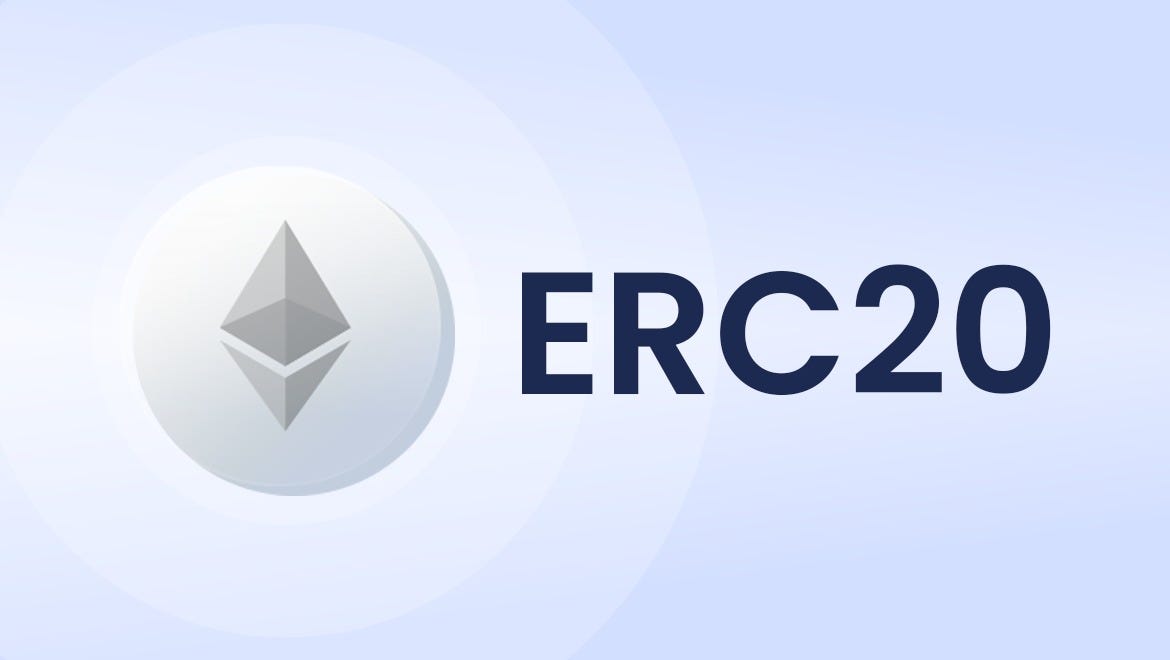How can ERC-20 presale tokens improve smart contract trust?
ERC-20 presale tokens improve smart contract trust through transparent code verification, audited security standards, automated vesting schedules, immutable fund distribution, and public transaction visibility. These standardized tokens eliminate many risks associated with custom presale implementations. Projects ranging from established tokens referenced through $shib metrics to newer ventures benefit from ERC-20’s proven security framework. This standardization builds trust and reveals why serious projects choose audited standards over proprietary solutions that might contain hidden vulnerabilities or malicious code.
Standardized code verification
ERC-20 standard provides templates that security researchers study extensively. Developers building presale contracts can reference proven implementations, reducing novel code that might contain bugs. This standardization means auditors quickly identify deviations from expected patterns flagging potential security issues. Community verification becomes possible when projects use standard implementations. Technically skilled community members review contracts, comparing them against known safe versions. This crowdsourced auditing supplements professional security reviews, providing additional safety layers that proprietary code lacks.
Professional audit requirements
- Third-party security firms specialize in ERC-20 audits, having developed expertise through reviewing thousands of similar contracts
- Audit reports provide concrete evidence of security review, giving participants confidence that professionals examined code for vulnerabilities
- Known vulnerabilities in ERC-20 implementations get documented, allowing auditors to check for these common issues specifically
- Audit firms stake their reputations on accuracy, creating accountability where poor audits damage their business through lost credibility
- Multiple audit layers from different firms provide redundancy where single-firm oversight might miss subtle vulnerabilities
Audited presales demonstrate commitment to security. Teams investing in professional audits signal seriousness versus rushed projects skipping security reviews to launch faster. The audit cost represents a meaningful commitment that scam projects avoid making.
Automated vesting enforcement
Smart contracts automate vesting schedules, removing trust requirements around team promises. Code-enforced vesting locks tokens until predetermined dates, making manual compliance unnecessary. Participants verify vesting terms through reading contracts rather than trusting team statements. Graduated unlocks prevent sudden team dumps where large allocations hitting markets simultaneously crash prices. Monthly or quarterly unlocks spread selling pressure across extended periods. This mechanism protects presale participants from team members immediately liquidating positions after raises are complete.
Immutable fund distribution
Once deployed, ERC-20 contracts cannot change fundamental parameters without participant consensus. Fund allocation percentages, total supply caps, and distribution mechanisms become immutable, preventing teams from altering terms post-launch. This permanence contrasts with centralized systems, where teams change rules arbitrarily. Transparency extends to all wallet holdings, where anyone can view team wallet balances, verifying they match promised allocations. Unexpected transfers trigger community scrutiny, allowing participants to monitor whether teams honour commitments or secretly move tokens, violating stated policies.
Public transaction tracking
Blockchain transparency means every presale transaction becomes publicly visible. Participants verify fair distribution by checking whether everyone paid promised prices or whether insiders received undisclosed advantages. This radical transparency prevents hidden preferential treatment that might occur in private raises. Real-time monitoring during presales shows actual participation versus marketing claims. Projects claiming massive demand face scrutiny when blockchain data reveals modest actual investment. This verification prevents teams from inflating participation numbers, creating false scarcity impressions.
These mechanisms collectively reduce presale risks compared to proprietary implementations lacking standardization benefits. Projects choosing ERC-20 standards signal professionalism, while those avoiding standardization raise legitimate questions about motivations for custom implementations, potentially hiding malicious code.






